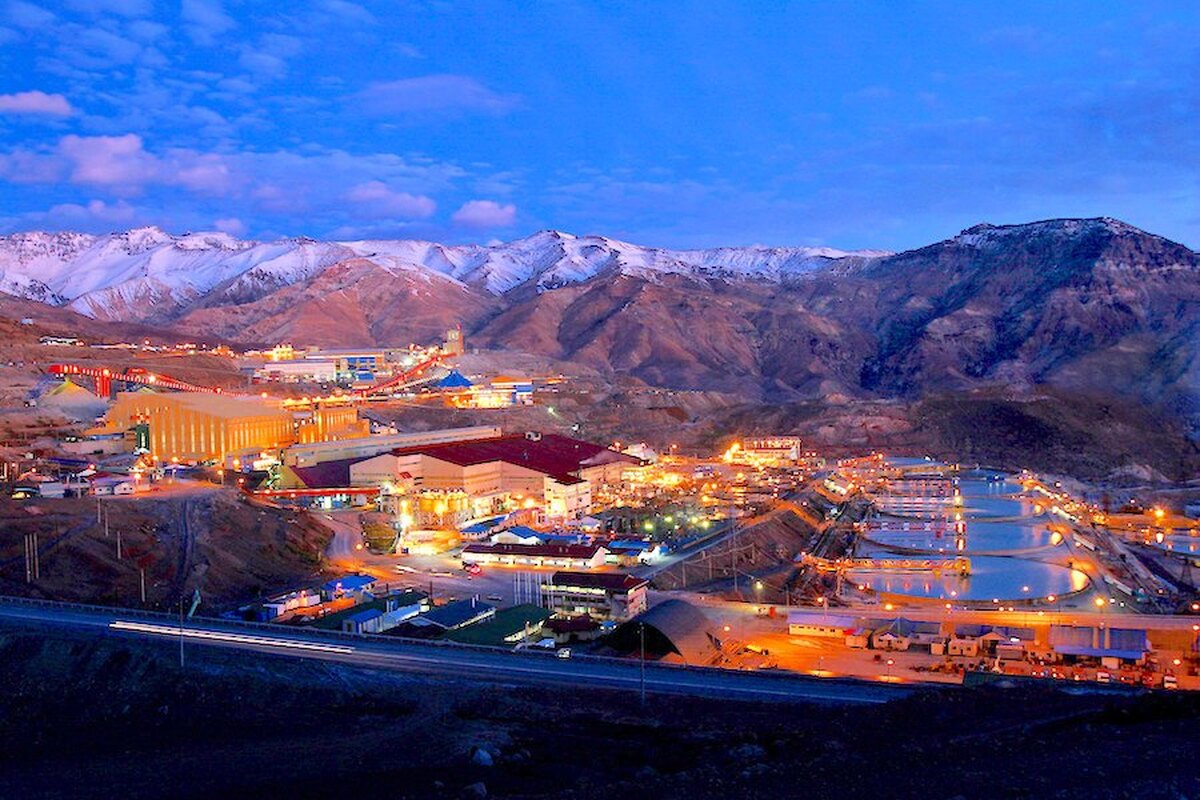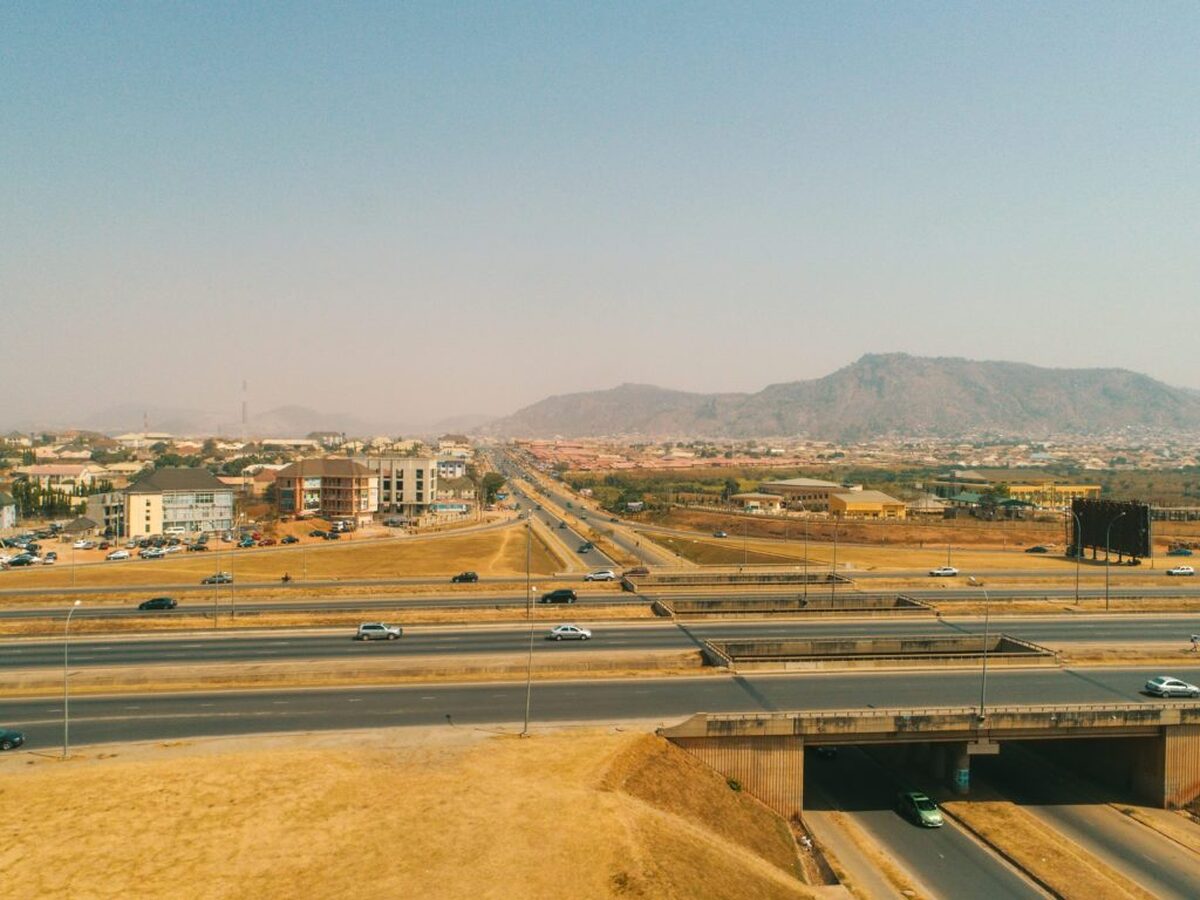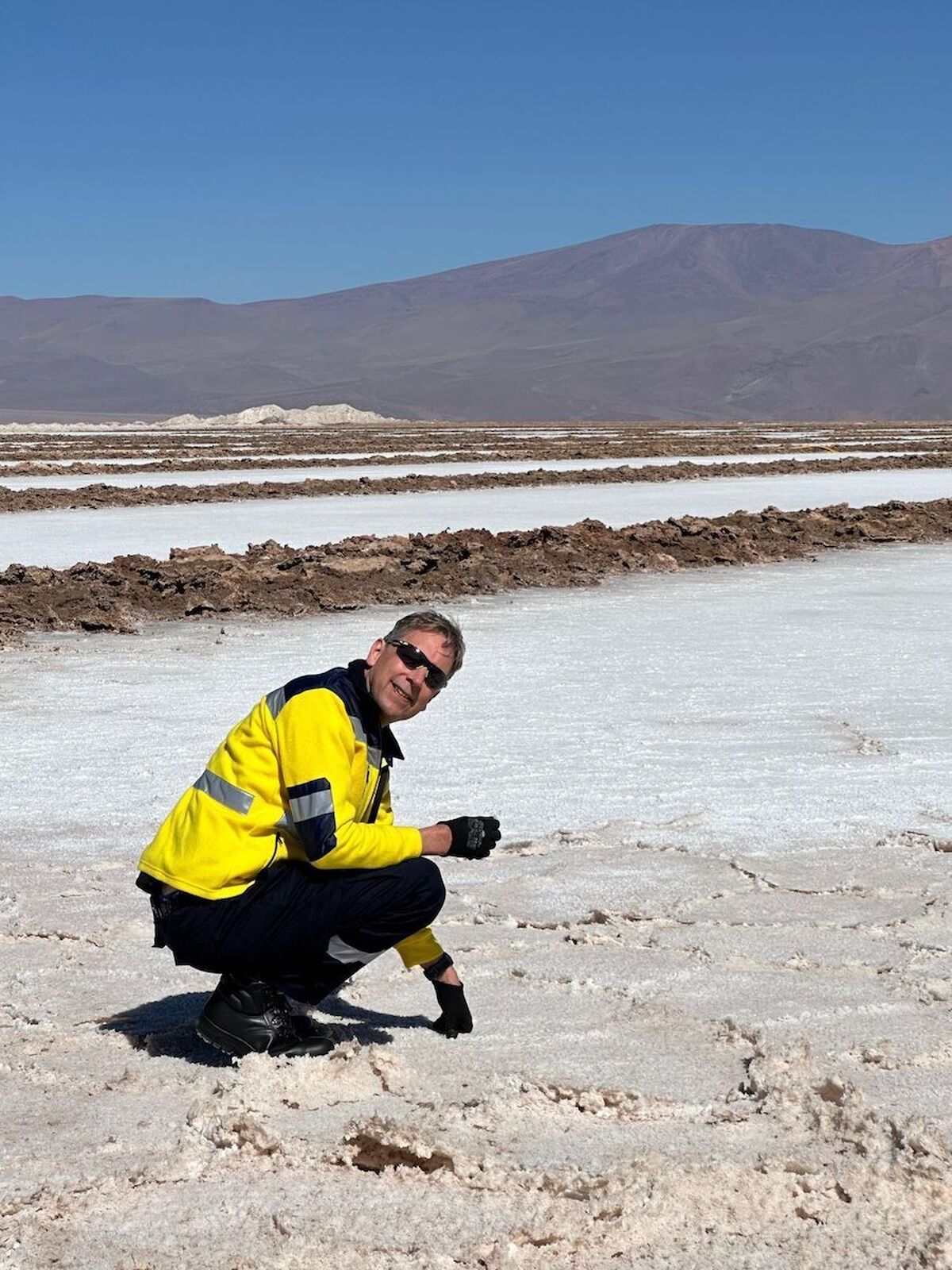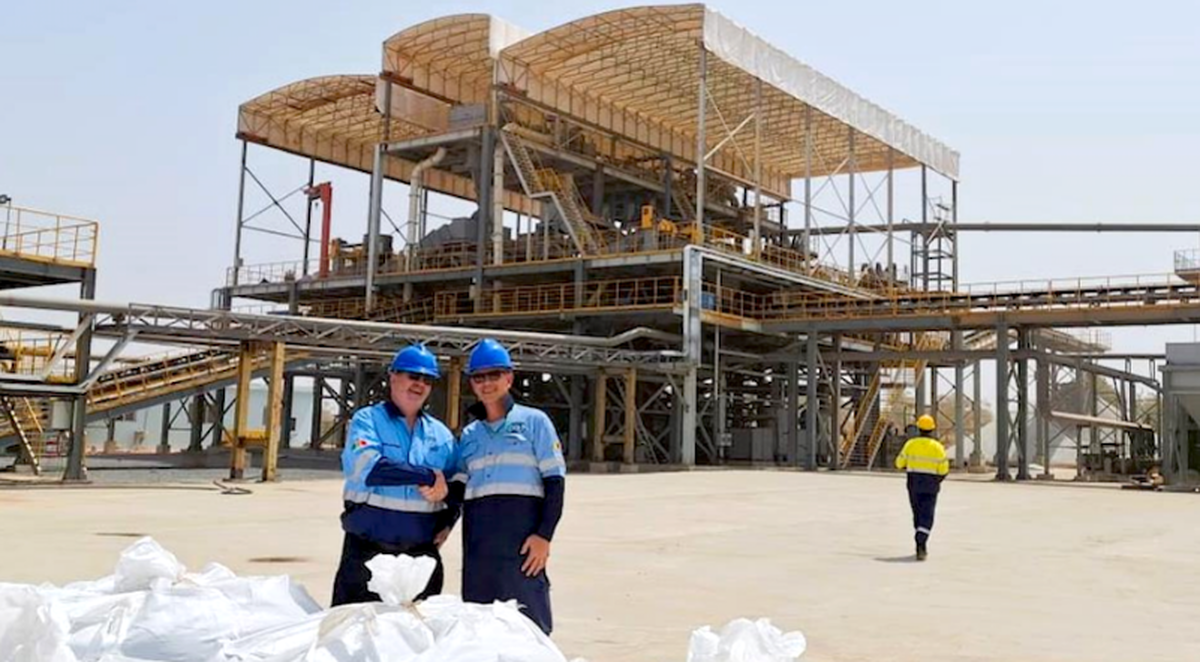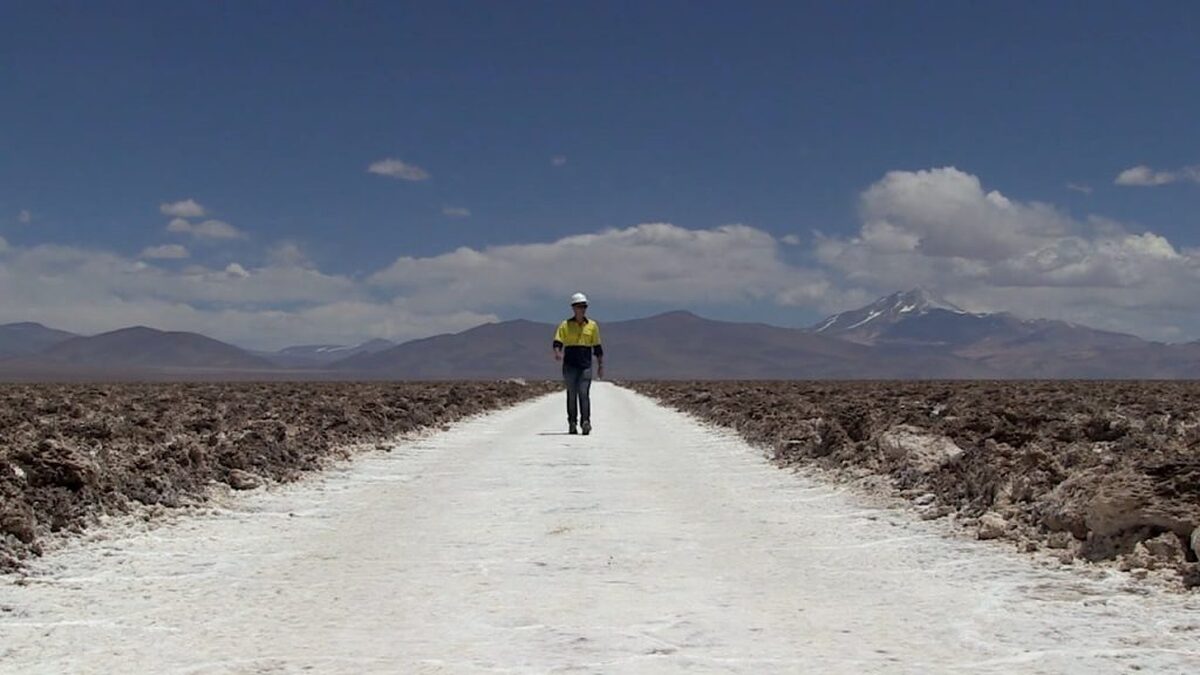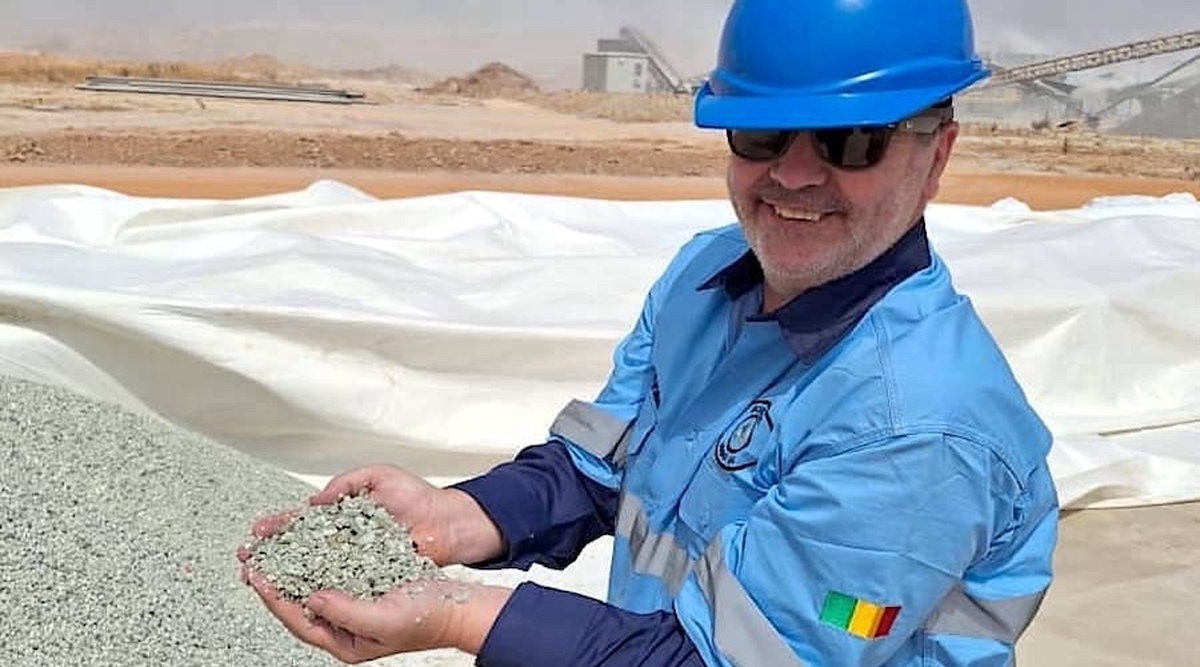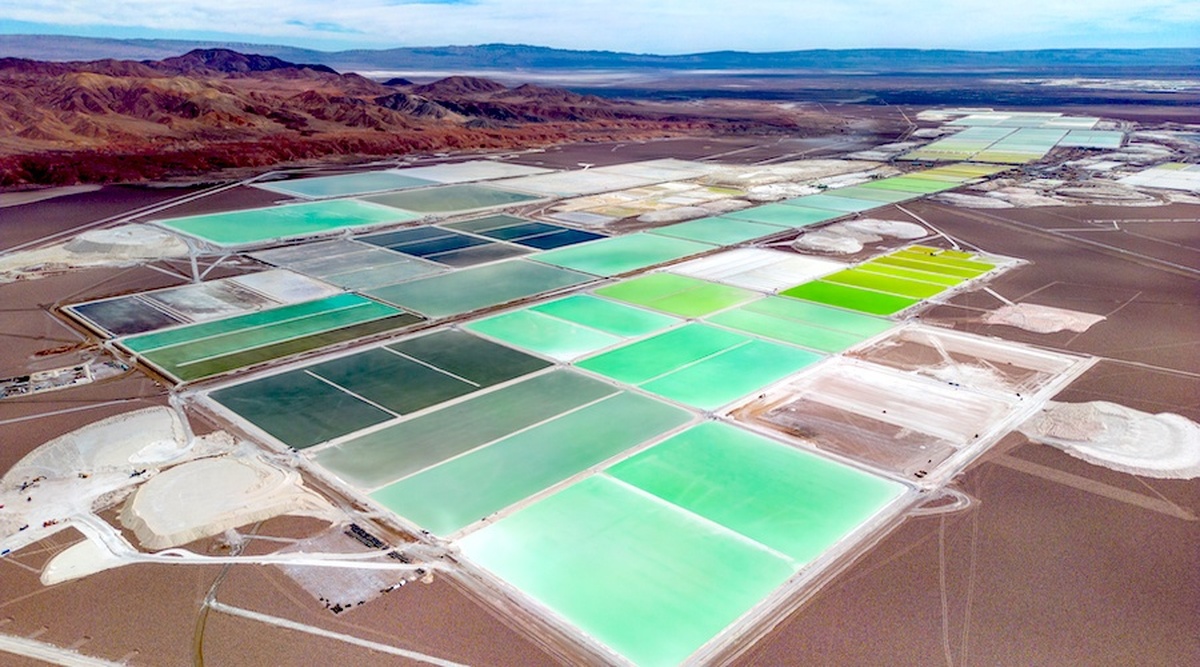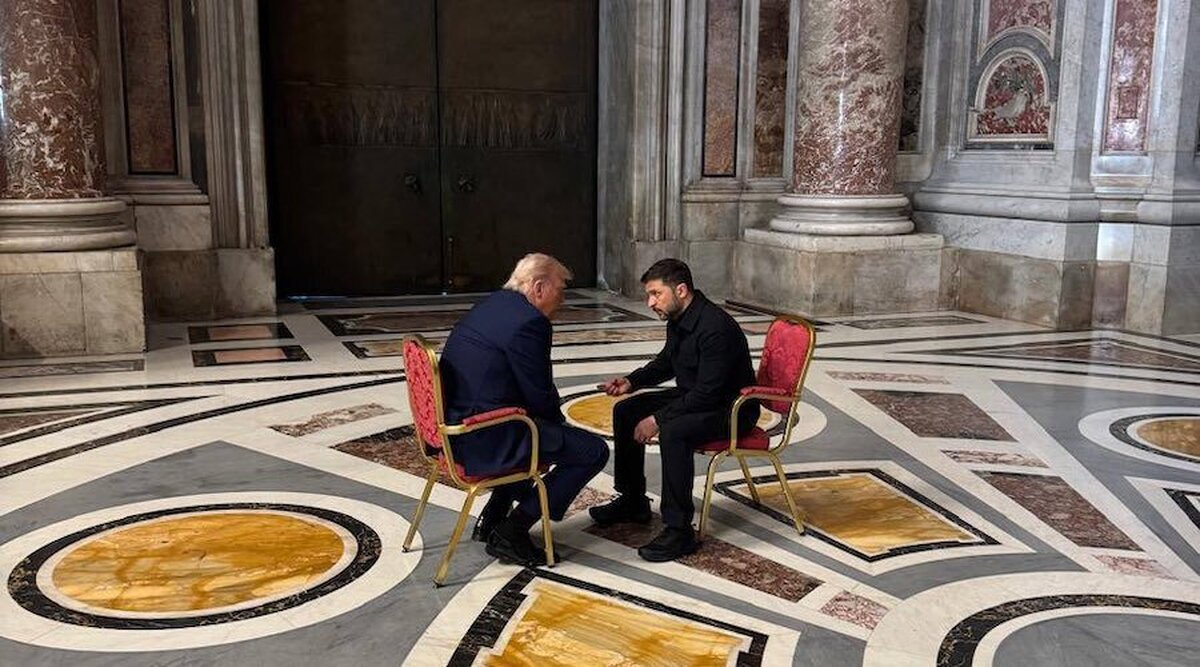
Chile’s leftist presidential hopefuls spar over SQM-Codelco deal
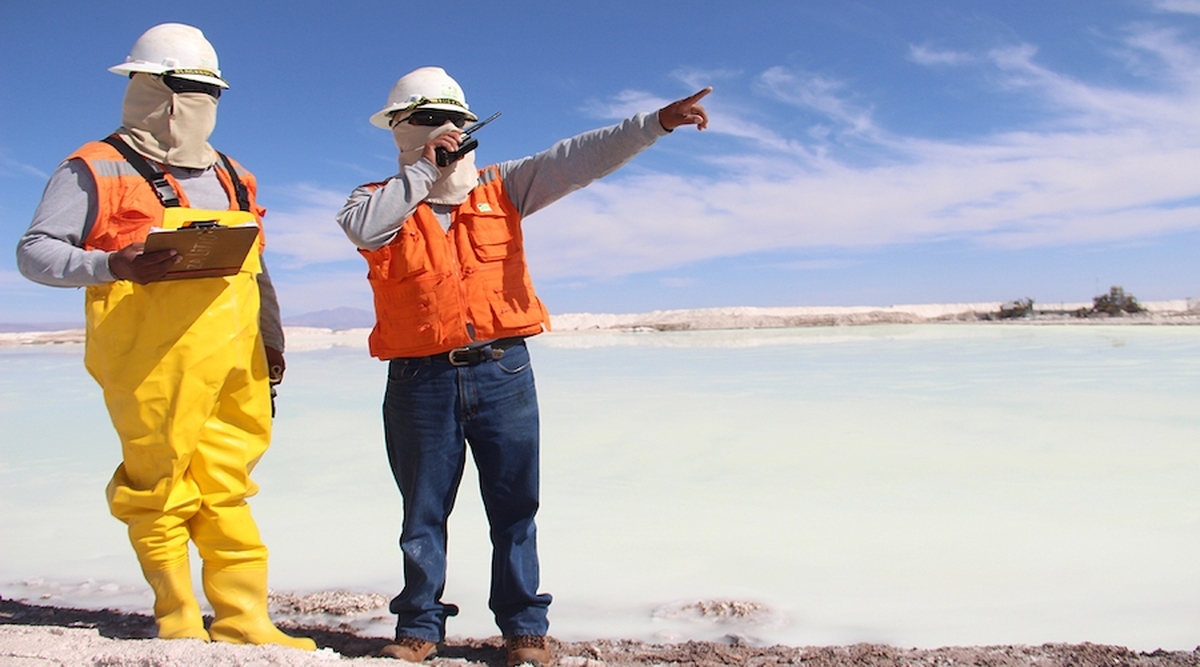
According to me-metals cited from mining.com, “I am not willing to have the Chilean government form an alliance with SQM,” Jeannette Jara, who most recently served as President Gabriel Boric’s labor minister, said in an ADN radio debate Monday.
“I find it strange that people from the political left are supporting a deal” with SQM, a company that has “pending debts” with Chile, the Communist Party candidate said, without elaborating. SQM’s top shareholder Julio Ponce, the former son-in-law of dictator Augusto Pinochet, resigned from his decades-long reign as chairman in 2015 amid a probe over illicit political campaign financing.
By contrast, Carolina Toha, who has received backing from several center-left parties, described the SQM-Codelco deal as “something to be celebrated.”
“The fact that a natural resource belongs to the Chilean people doesn’t mean that private companies cannot participate in its exploitation,” said Toha, who served as Boric’s interior minister.
“Sometimes what’s most convenient for the country is to have private companies participate because they have more conditions to invest, they have technology, for distinct reasons,” Toha said.
It’s essential that Chile controls all lithium in its territory, Jara said.
The transaction would see SQM relinquish a majority stake in its prized Atacama salt flat operations to Codelco in exchange for three more decades of operations. Tianqi Lithium Corp., a key SQM shareholder, has said the tie-up lacks transparency and should go to a shareholder vote.
Last month, center-right presidential candidate Evelyn Matthei asked her coalition lawmakers to request information “in order to review the suitability of the pact for the country and the future development of that industry in Chile.” Last week, an investigative commission in Chile’s lower house voted against the SQM-Codelco tie-up.
Codelco expects to have the approval process wrapped up next quarter, which would allow the two companies to begin joint lithium operations before the next government takes office in 2026. Successive Chilean governments have respected contracts signed by their predecessors.
Chile’s center-left presidential hopefuls will compete in a primary vote on June 29. The winner will then advance to the Nov. 16 first round with other candidates from the political right.
Recent polls show Toha is the best positioned among the center-left contenders, followed by Jara and lower house Deputy Gonzalo Winter.
source: mining.com


Trump weighs using $2 billion in CHIPS Act funding for critical minerals

Codelco cuts 2025 copper forecast after El Teniente mine collapse

Electra converts debt, launches $30M raise to jumpstart stalled cobalt refinery

Barrick’s Reko Diq in line for $410M ADB backing

Abcourt readies Sleeping Giant mill to pour first gold since 2014

Nevada army depot to serve as base for first US strategic minerals stockpile

SQM boosts lithium supply plans as prices flick higher

Viridis unveils 200Mt initial reserve for Brazil rare earth project

Tailings could meet much of US critical mineral demand – study

Kyrgyzstan kicks off underground gold mining at Kumtor

Kyrgyzstan kicks off underground gold mining at Kumtor

KoBold Metals granted lithium exploration rights in Congo

Freeport Indonesia to wrap up Gresik plant repairs by early September

Energy Fuels soars on Vulcan Elements partnership

Northern Dynasty sticks to proposal in battle to lift Pebble mine veto

Giustra-backed mining firm teams up with informal miners in Colombia

Critical Metals signs agreement to supply rare earth to US government-funded facility

China extends rare earth controls to imported material

Galan Lithium proceeds with $13M financing for Argentina project

Kyrgyzstan kicks off underground gold mining at Kumtor

Freeport Indonesia to wrap up Gresik plant repairs by early September

Energy Fuels soars on Vulcan Elements partnership

Northern Dynasty sticks to proposal in battle to lift Pebble mine veto

Giustra-backed mining firm teams up with informal miners in Colombia

Critical Metals signs agreement to supply rare earth to US government-funded facility

China extends rare earth controls to imported material

Galan Lithium proceeds with $13M financing for Argentina project

Silver price touches $39 as market weighs rate cut outlook

